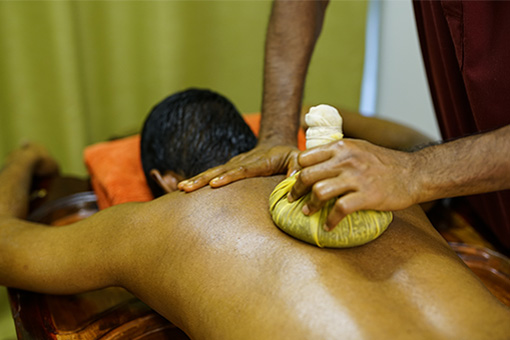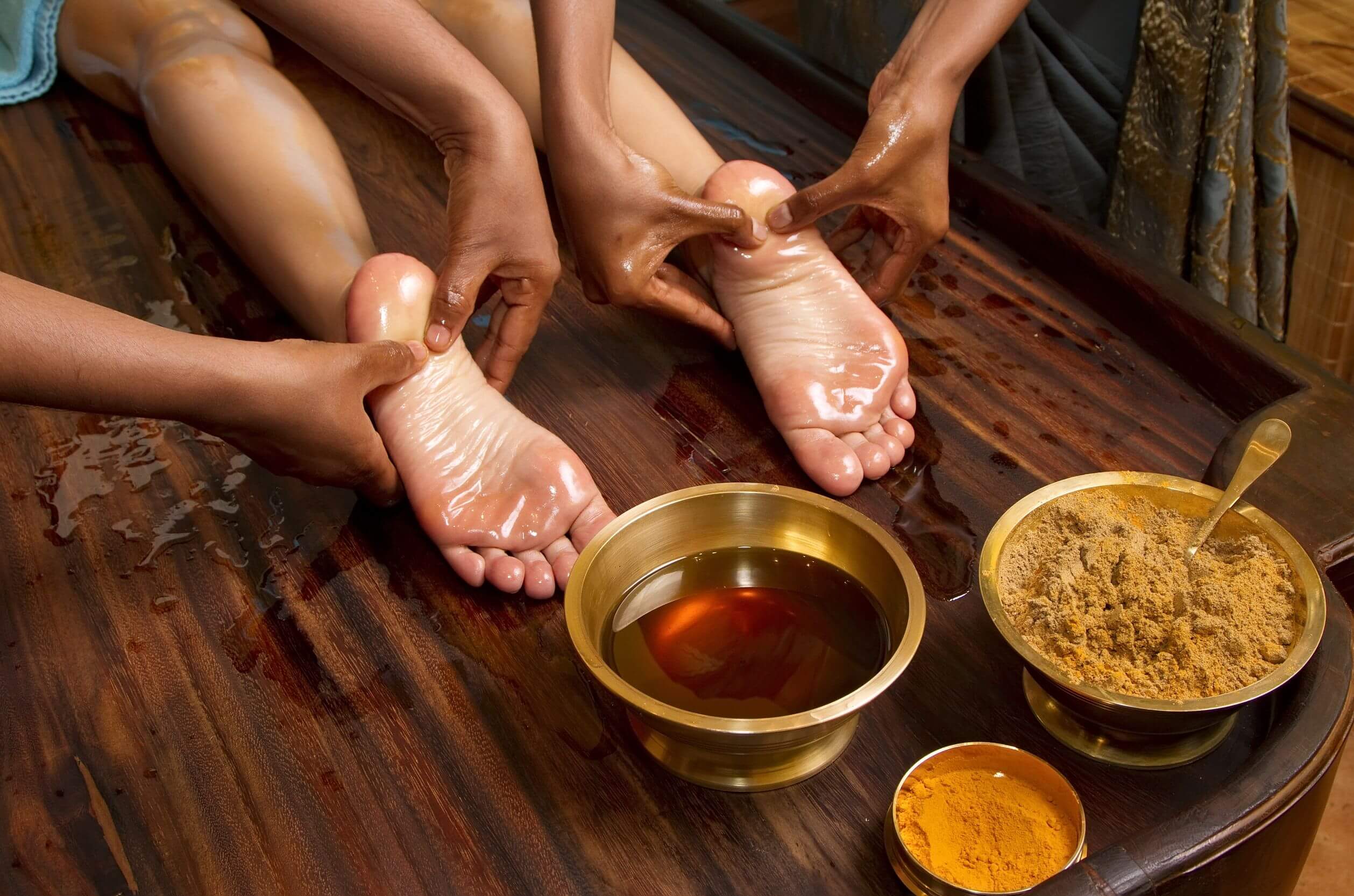Kalari, an ancient martial art form originating in southern India, is not just a physical combat technique; it is a holistic approach to health and well-being. Within the framework of Kalari, practitioners have long embraced Ayurveda, an equally ancient system of medicine, to address physical injuries, mental stress, and spiritual growth.
The Fusion of Ayurveda and Kalari
Ayurveda, often referred to as the “science of life,” is a traditional Indian system of medicine that emphasizes the balance of the body, mind, and spirit. It recognizes the interconnectedness of various aspects of life and seeks to bring harmony to all of them. Kalari, on the other hand, is a martial art form deeply rooted in the principles of balance, agility, and strength.

The integration of Ayurveda and Kalari is a natural progression, as both systems share the belief that physical health is closely linked to mental and spiritual well-being. In Kalari, understanding the body’s unique constitution, or “Prakriti,” is essential to mastering the art. Ayurveda, with its in-depth knowledge of individual constitutions and personalized treatments, perfectly complements Kalari’s objectives.
Ayurvedic Treatments in Kalari
Marma Therapy: Marma points are vital energy points in the body that, when stimulated, can influence one’s physical and mental well-being. In Kalari, the knowledge of Marma points is crucial not only for combat but also for healing. Ayurveda provides a comprehensive understanding of these points and the techniques to manipulate them for therapeutic purposes. Marma therapy is used to alleviate pain, improve flexibility, and enhance energy flow.
Herbal Medicines: Ayurvedic herbs are extensively used in Kalari for both preventive and curative purposes. Herbs like Ashwagandha and Shatavari are known for their adaptogenic properties, helping the body adapt to stress and recover from intense physical training. Turmeric, with its potent anti-inflammatory properties, is often used to treat injuries and reduce inflammation in Kalari practitioners.
Diet and Nutrition: Ayurveda places a strong emphasis on diet and nutrition, recognizing that food is medicine. Kalari practitioners follow Ayurvedic dietary guidelines to support their physical training and recovery. Individualized dietary plans are created based on one’s constitution, activity level, and health goals.

Yoga and Meditation: Yoga and meditation are integral components of both Ayurveda and Kalari. Yoga asanas (postures) improve flexibility, balance, and strength, while meditation enhances mental focus and emotional stability. These practices are incorporated into the daily routines of Kalari practitioners to promote overall well-being.
Oil Massages: Ayurvedic oil massages, or “Abhyanga,” are used in Kalari to relax muscles, improve circulation, and promote healing. The choice of oils and massage techniques is determined by an individual’s constitution and specific needs.
Panchakarma: In cases of severe injuries or imbalances, Kalari practitioners may undergo Panchakarma, an Ayurvedic detoxification and rejuvenation therapy. This intensive treatment involves cleansing the body through various methods, including herbal enemas, oil massages, and dietary modifications, to restore optimal health.

The integration of Ayurveda treatments into Kalari is a testament to the holistic approach both systems take toward health and well-being. Kalari practitioners not only master the physical aspects of combat but also learn to heal themselves and maintain balance in their lives through Ayurveda. This ancient synergy between martial arts and traditional medicine continues to enrich the lives of those who practice Kalari, ensuring that they are not just skilled fighters but also individuals in harmony with their bodies, minds, and spirits.


